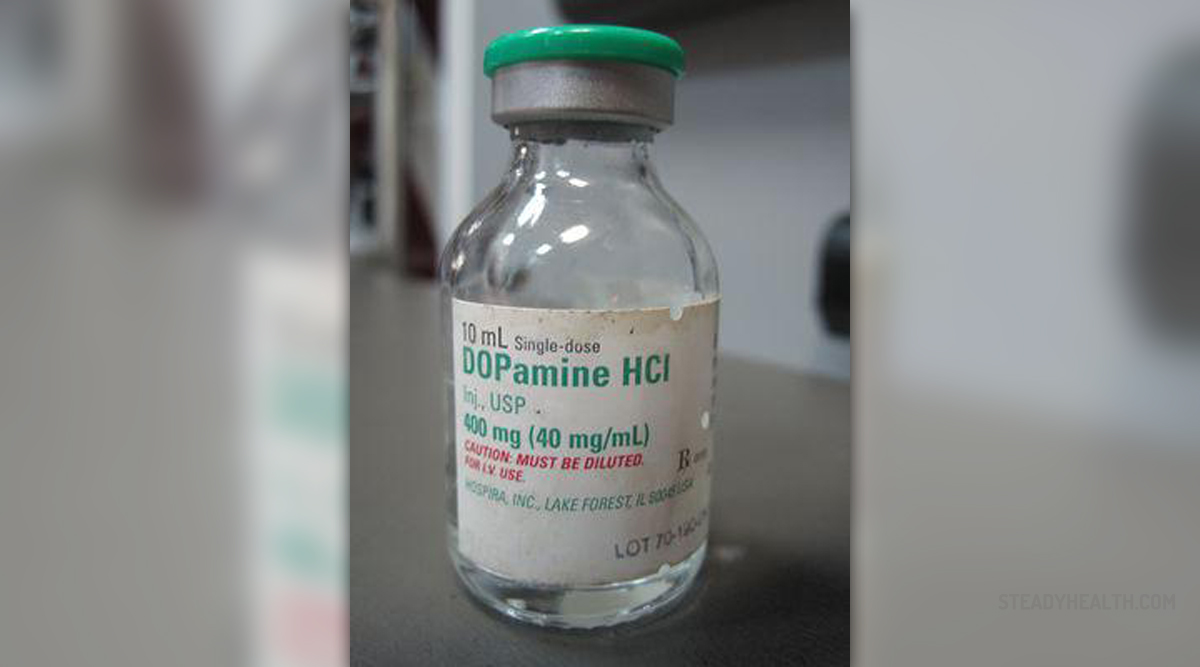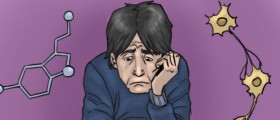
As many of us have probably heard, dopamine is a neurotransmitter which is present in our brain. Its role and purpose are more important than we can possibly imagine since it controls many of our actions and greatly affects our own personality.
Definition of Dopamine
Dopamine plays a crucial role in our central nervous system. Being a neurotransmitter, it is a chemical which transmits messages and impulses from one part of our brain to other areas of the brain. Both animals and human beings possess dopamine.
This neurotransmitter was discovered in 1910 by George Barger and James Ewens from London. Later on, in 1958 Arvid Carlson and Nils-Åke Hillarp defined the function of dopamine. Therefore, these people have shown us that dopamine controls our movements and our emotions.
Chemical Facts Regarding Dopamine
The chemical formula of dopamine is C6H3(OH)2-CH2-CH2-NH2 and its scientific name used for defining it is 4-(2-aminoethyl)benzene-1,2-diol. Its abbreviated form is DA and it melts at a temperature of 262 degrees Fahrenheit.
People who lack this vital chemical have problems with their movement, experience tremors and involuntary motions affect their limbs. Besides affecting our motor functions, dopamine also plays an important role in our emotional behavior. Thereby, once we lack dopamine, we experience emotional problems. Finally, this neurotransmitter makes us happy and enables us to experience pleasure. All in all, it is a crucial body element and whenever we lack it, we may suffer from some serious disorders, including ADHD or even schizophrenia.
The Purpose of Dopamine
Dopamine is widely used for treating people who are suffering from Parkinson’s disease. Also, emotionally disturbed people, who have survived traumas affecting their lives, can restore balance through dopamine therapy. Moreover, if we are suffering from some kind of heart problem, dopamine can prove to be of great assistance. This is especially true in case of blood clots.
Some patients are connected to intravenous dopamine infusion which can increase their blood pressure, as well as their heart rate, if necessary.
Ultimately, people who undergo surgeries are given certain dopamine precursors so as to make their brains produce this neurotransmitter on their own. Thus, dopamine can be either administered through medications or triggered by lifestyle changes.
Either way, dopamine is a crucial part of our existence, controlling numerous bodily and mental processes. Lack of this chemical leads to cognition problems, motion difficulties, lack of emotional balance and memory impairment, among numerous other things. Therefore, we need to keep its levels balanced in order to stay healthy and happy.

















Your thoughts on this
Loading...